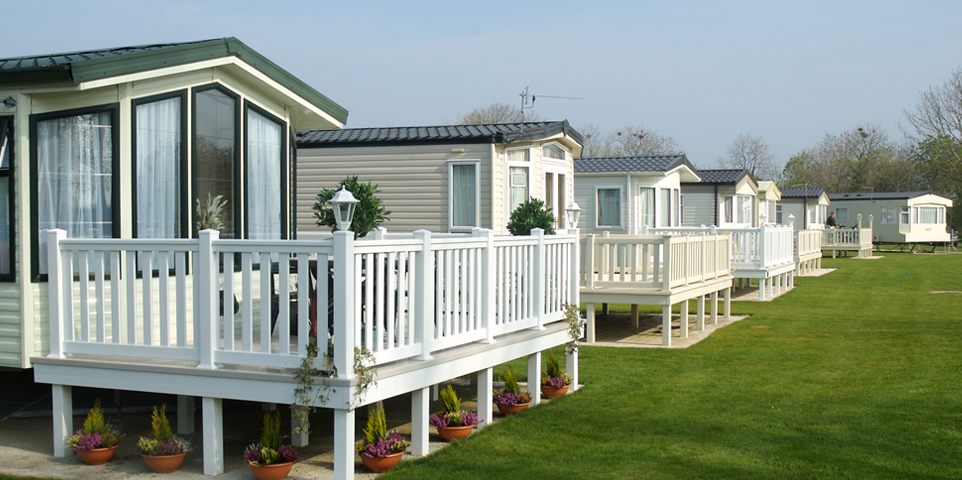It's important to protect your home with insurance and, if your home happens to be on wheels, there are some special considerations. Much like choosing the right mobile home, you want your insurance to fit your needs and lifestyle, but you also want the coverage to fit within your budget. Here are some guidelines for choosing mobile home insurance.
Mobile home insurance availability – If you already have auto insurance or homeowners insurance, contact your insurer to see if they offer mobile home insurance and if you are eligible for a discount. Be aware that not all insurance companies offer mobile home insurance in all states. Your insurance professional or your state insurance department can help you determine the availability of coverage in your state.
Mobile home coverage – Mobile home insurance policies provide two basic kinds of insurance—coverage for physical damage and personal liability coverage. These coverage options are generally available for rental mobile homes, commercial mobile homes, mobile homes that are used seasonally, or mobile homes located in a park or on private property.
- Generally, coverage under a regular policy doesn’t apply while the mobile home is in transit. Some insurers may offer temporary coverage, or an endorsement, for physical damage to cover the mobile home and personal property within the mobile home while it is in transit. There may be special limitations and provisions to this coverage so check with your insurance professional.
- Physical damage coverage pays for accidental damage to your mobile home, belongings or other structures (such as attached patios or decks, garages and storage sheds) resulting from fire, hail, wind, theft and vandalism or falling objects. The amount and degree of coverage varies from one policy to another, so make sure to compare policies carefully. Also note that, like regular homeowners insurance, flooding is not covered. If you are in a flood zone, you can purchase separate flood insurance.
- Personal liability coverage protects you when there is a claim or a lawsuit against you after someone is injured or their property is damaged because of your activities. Claims might include medical expenses, lost wages, pain and suffering, and even property damage to others (liability coverage does not pay claims for injuries to you or the members of your household). The amount of insurance necessary to protect your assets may be more than what comes standard with a mobile home insurance policy; if so, consider purchasing additional liability insurance.
- Peril policies offer basic insurance coverage and only cover specific causes of loss. While the low premiums may seem like a bargain, if your mobile home is damaged by a cause other than one of the policy's limited named perils, you won't be covered and you’ll need to spend your own money to repair the damages or replace your belongings.
Next steps: Make sure your home is properly covered for disaster
